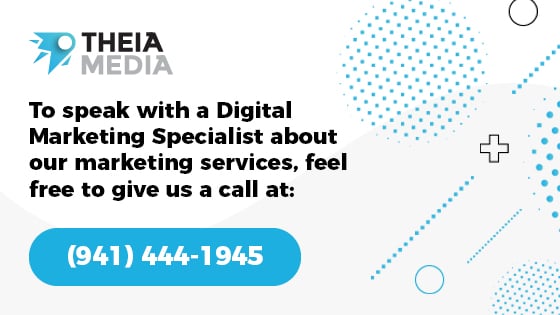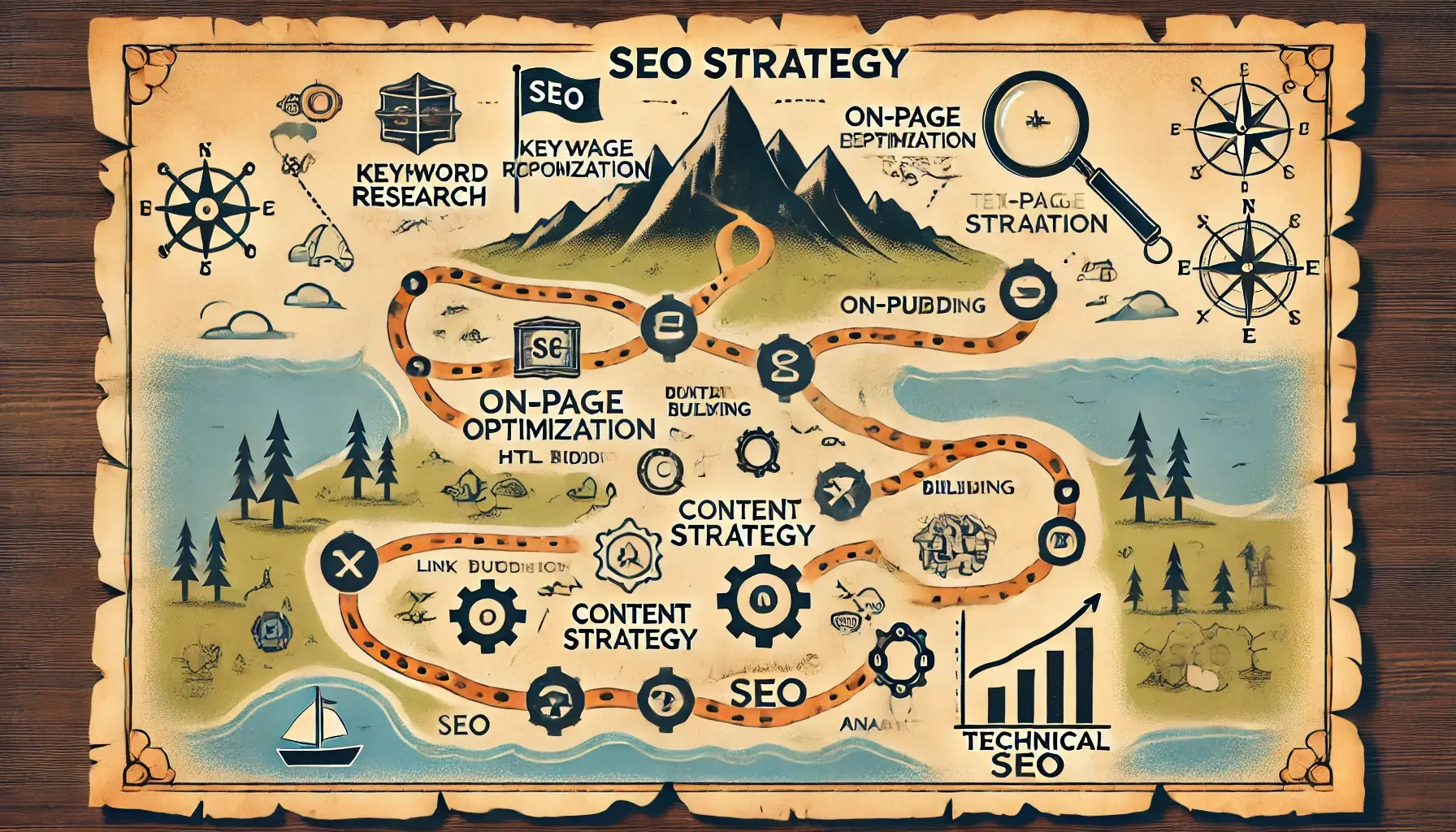Start using SMART goal setting to ramp up your SEO. Learn more about the different ways its used to achieve better results when it comes to search engine marketing.
Just about everyone is trying to improve their ranking so they show up on the first page of search results. Whether you want to get better rankings organically or through paid search, setting SMART goals can help you accurately track and achieve those goals.
Continue reading below to learn how to apply SMART goals to your search engine marketing.
What are SMART Goals?
SMART goal setting is an acronym that stands for:
S – Specific
Specific goals are clearly defined, goals for search engine optimization could be:
- Improve search rankings.
- Increase organic search traffic.
- Build a diverse link portfolio.
- Develop new content.
The main goal of a SEO campaign is to increase the overall visibility in search engines. Setting specific goals starts with narrowing down exactly how you will increase that visibility.
An example for a local business would be the specific goal of claiming new local listing/citations during the next quarter.
M – Measurable
Measurable goals are able to be quantified. The example given above with the specific goal to claim local listings also needs to have a specific amount linked to it to make it a measurable.
A – Achievable
Take a look at the goal you have set for your SEO strategy and ask yourself if it is achievable.
While your goal should be achievable, it needs to also be challenging otherwise the measurement portion wasn't ambitious enough.
The "A" can also stand for Assignable which alloc can be a good component of SMART goals. Ask yourself, who will be involved or in charge of completing the tasks needed to achieve the goal? Be sure to add accountability each step of the way in the goal completion process.
R – Relevant
How relevant is your goal to the needs of your business? Using the same example of the local business claiming local business listings, the obvious answer would be yes. Claiming local listings will help a local business increase it's visibility in search engine results.
"R" can also stand for Realistic. Consider if your business has the resources and/or time to complete this goal?
A single owner small business may not be able to realistically achieve the example of claiming a lot of local listings while also running the business. Be sure to take the time to really think of all aspects involved before getting started.

T – Time-Bound
Each and every goal should have a time frame for completion.
When you fail to add a time frame to your goals they tend to end up pushed off as opposed to a time bound goal that promotions timely action and execution.
SMART Goal Examples for Search Engine Marketing
Here are a few examples of how to use SMART SEO goal setting using some of general goals in SEO campaigns:
Search Rankings
One of the top goals for most SEO campaigns is to increase search rankings.
Of course, saying that this is your goal is far from specific. And it’s hard to be specific with a metric that fluctuates regularly.
With that in mind, here is an example of a SMART search rankings goal.
Increase search rankings for [specific keyword] from second to the first page of search results by the end of the year.
To determine if this is attainable, you will need to assess your competitors in organic search. Compare the quality of your content with theirs and incoming backlinks.
Traffic Generation
Generating traffic from organic search is the ultimate goal of efforts to improve search rankings.
To create a SMART traffic generation goal, consider modifying the following:
Increase organic search traffic by 25% by the end of the following quarter.
To determine if this is attainable, you will need to assess your competitors in organic search for your top keywords.
Link Building
Links are key to helping Google discover your content and determine its quality and relevance for search queries. To create a diverse link profile, you will need to set a SMART link building goal.
Acquire 50 relevant links to our website in the next quarter.
To determine if this is attainable, create a list of pages that are most likely to win links.
If you have 10 link-worthy pages of content, it’s realistic to assume you could get five links for each page.
Sales/Conversions
Do you want your search engine optimization to result in driving qualified leads or sales on your website? Create a SMART goal that focuses on revenue-generating conversions.
Increase [sales revenue/leads generated] from organic search by 10% by the end of the year.
If you know how well your organic search traffic currently converts, you should be able to extrapolate a realistic increase.
Key Takeaways
If you want to achieve success with SEO it's important to create Smart, Measurable, Achievable, Relevant, and Time-bound goals that are well thought out to make it happen.












